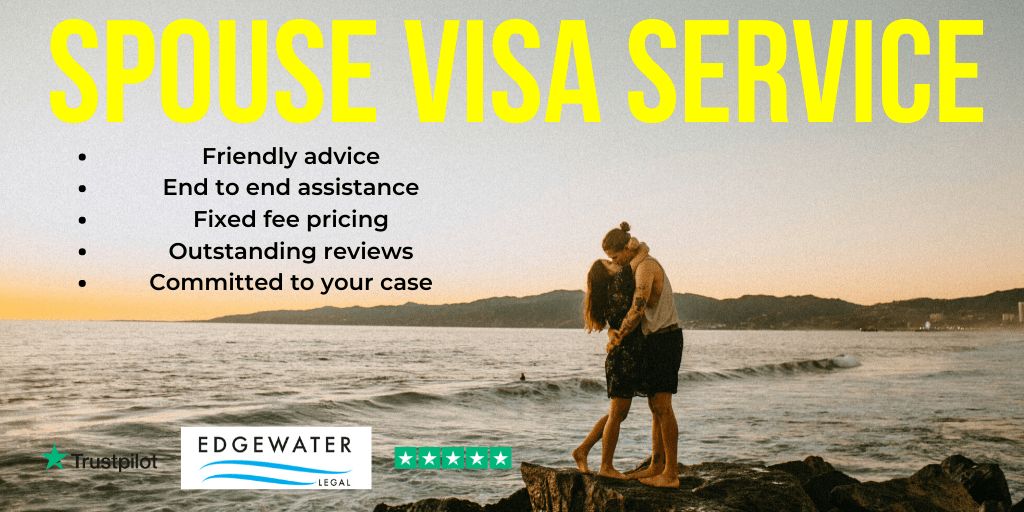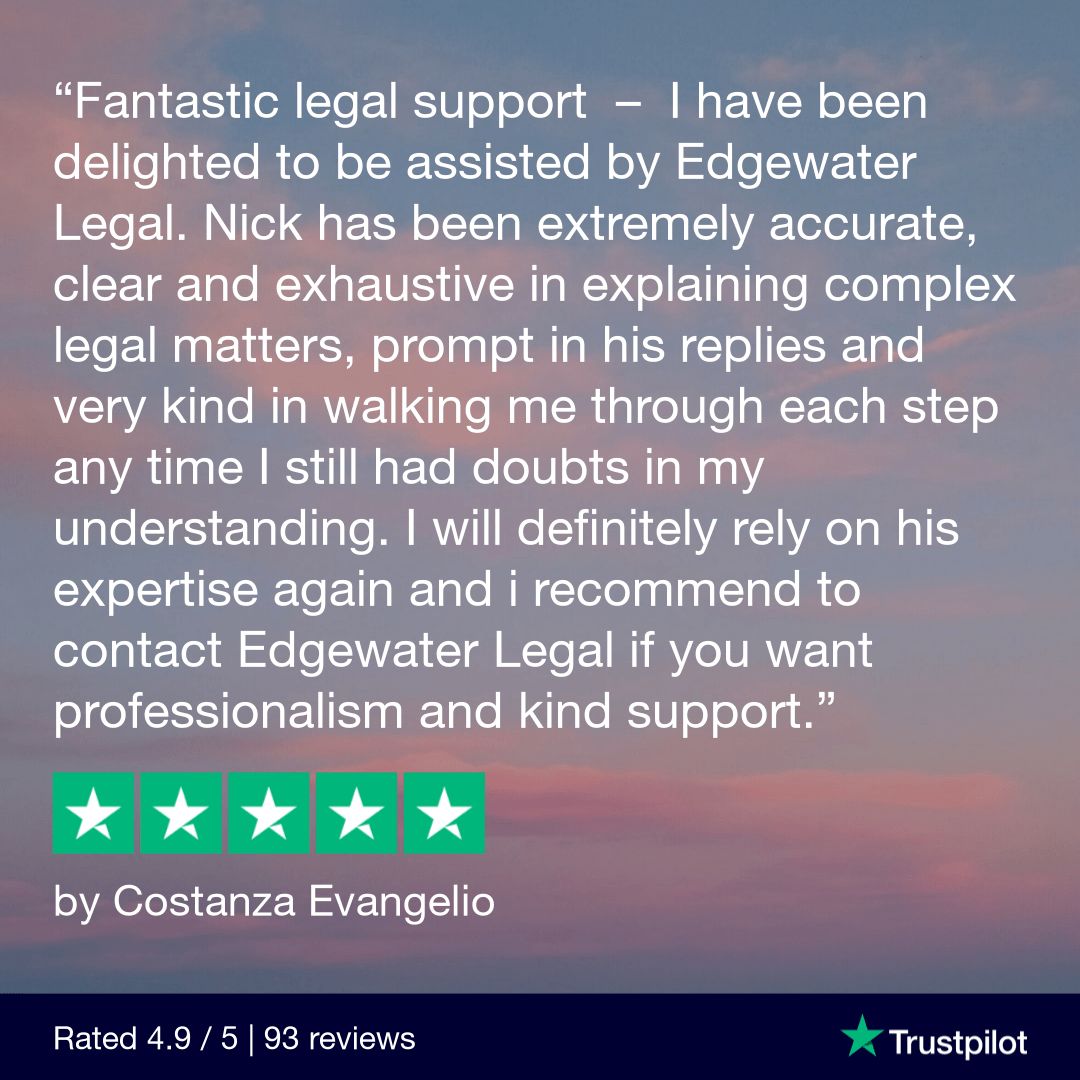
Making a UK fiancé(e) visa application, and extending as a spouse


In this post we consider how to enter the UK as the fiancé(e) or a proposed civil partner, and then extend your visa as a spouse once you are here.
This is a sub post of our full guide on How to apply for a partner visa, which has further information on the partner visa application process and the minimum income requirement.
This is not intended as an exhaustive description of these visa routes, but instead aims to answer frequently asked questions by clients going through this process.
As usual, this is not legal advice, and should not be relied on as such.
Background
The idea with the fiancé route is that, if successful in your application, you are granted permission to enter the UK for an initial 6 month period.
During this 6 month period you are expected to get married to your fiancé (the one named in the initial application) and, once this has happened, you can then apply to extend your visa from within the UK.
There used to be a specific visa called the fiancé visa. However, entry in this category has now been subsumed into the general ‘partner’ subset of the UK family visa process.
We will use the term fiancé for ease of reference, and will refer to this route of entry as the ‘fiancé visa’ or ‘fiancé route’. References to ‘marriage’ should be taken to include civil partnerships.
Entry on a fiancé visa: outline requirements
Subject to one important additional requirement as a fiancé (see below), the rules for entry to the UK as a fiancé are essentially the same as those for entry as a partner. In summary, these requirements are as follows:
- Suitability. This requirement will be relevant for those with criminal records, those with an adverse immigration history, and those who owe money to the NHS or who otherwise have concerns about bad character
- Relationship. The settled (British citizen, person with ILR) sponsor and fiancé must show that they are in a genuine and subsisting relationship
- Financial. The couple must show that they have access to a certain minimum income, subsidised by cash savings or other sources of income if necessary, and can adequately maintain and accommodate themselves once they arrive in the UK
- English language. The applicant must speak English to a certain level, and can show this in a number of ways
This means that, at the time the application for the fiancée visa is made abroad, you will still need to meet the usual requirements for entry as a partner.
This includes demonstrating a ‘genuine and subsisting’ relationship, English language proficiency, suitability and, most importantly, showing that you meet the Minimum Income Requirement, .
This is not an exhaustive list, and the detailed requirements for entry as a partner can be found in the immigration rules, in an appendix referred to as Appendix FM.
For more information on meeting the relationship requirement, see our in-depth piece on demonstrating ‘genuine and subsisting’ relationships in UK visa applications.
What else must I show as a fiancé?
In fiancé visa applications, there is an additional requirement:
E-ECP.2.8. If the applicant is a fiancé(e) or proposed civil partner they must be seeking entry to the UK to enable their marriage or civil partnership to take place.
As set out above, the idea with the fiancé visa route is that you are given an initial period of 6 months leave to enter the UK. During this time you are expected to get married.
In your initial fiancé visa application you will be asked to confirm whether you are intending to get married, and to provide the date and location of the wedding (if known).
If a venue has been booked and the date arranged, evidence of this should be supplied with your application.

Don’t apply for a marriage (visitor) visa
The fiancé visa is different from the marriage visa, and the two should not be confused.
A marriage visa enables individuals to visit the UK in order to get married, and then leave afterwards: it is a species of visit visa.
Neither party to such a marriage need have a connection to the UK (other than wanting to get married here).
So if you are planning on marrying your UK-based partner and then remaining here with him or her afterwards, don’t apply for a marriage visa.
In the UK with a fiancé visa
If successful, you will be issued with leave to enter the UK for 6 months. At the current time, this is still confirmed by placing a vignette (sticker) in your passport (rather than being issued with a Biometric Residence Permit (BRP)).
On the fiancé visa entry vignette, UK Visas and Immigration include the name of the person to whom you are due to marry, presumably in case you forget.
Do I need to obtain permission to marry?
In the UK, anyone who wishes to get married needs to give notice to a registrar at least 29 days before the proposed marriage. You will need to do this.
There are designated registry offices where notice should be given if one of the parties to the proposed marriage is a foreign national.
Usually, in marriages involving a foreign national, the registrar is required by law to refer it to the Home Office who will in turn decide whether to investigate whether it is a ‘sham’.
However, this second step (referral to the Home Office) does not apply for those in the UK on fiancé visas, presumably because the Home Office (by granting the visa) has decided that it is not a ‘sham’.
In our experience, there is sometimes confusion about this requirement on the part of registrars dealing with individuals with fiancé visas who take the view that the referral still needs to be made. We find that reference to the following provisions can be helpful
- The registrar is not required to refer a proposed marriage to the Secretary of State under s.28H(5) Marriage Act 1949 where both of the parties to the marriage are ‘exempt’ persons.
- An exempt person includes a holder of a relevant visa in respect of the proposed marriage: s49(1)(c) Immigration Act 2014. The exact type of visa is specified in regulations: s.49(4).
- Leave to remain as a fiancé(e) under Appendix FM is a kind of visa or other authorisation specified for the purpose of section 49(4): Regulation 4, Proposed Marriages and Civil Partnerships (Meaning of Exempt Persons and Notice) Regulations 2015.
- This is also confirmed in internal Home Office document ‘Marriage and civil partnership referral and investigation scheme: statutory guidance for Home Office staff’ (see p6).
For practical purposes this will mean that individuals on a fiancé visas won’t receive a s.48 notice letter from the Home Office confirming that no investigation has been undertaken. This is because no referral is made to the Secretary of State in fiancé visa cases.

Can I work?
Individuals on fiancé visas cannot work.
This may be an important consideration in deciding when during the 6 month period of leave to get married.
This is because, the sooner you get hitched, the sooner you can make the extension application and transfer to a status enabling you to work.
Which brings us to…
Making the application to extend leave
The application you are making here is technically a first application as a spouse or civil partner of a person present and settled (or British) in the UK.
If granted leave under the 5 year route, you will be given leave to remain for 30 months (2 ½ years), with a right to work, and no recourse to public funds.
Can I rely on previous satisfaction of Minimum Income Requirement?
In the event that you met the MIR as a result of self-employed income in your entry clearance application, then it may be possible to rely on this in your extension application (see Appendix FM-SE paragraph 19).
Otherwise, no: you will have to go through the same process of showing you meet the MIR at the point of extension as you did at the point of the initial entry clearance application.
Jiltings and delays
What happens if the wedding has to be postponed due to unforeseen circumstances, and it cannot take place within the initial 6 months of leave? The Home Office has made provision for this:
E-LTRP.1.11. If the applicant is in the UK with leave as a fiancé(e) or proposed civil partner and the marriage or civil partnership did not take place during that period of leave, there must be good reason why and evidence that it will take place within the next 6 months.
It is therefore possible to apply to extend leave as a fiancé if you can show there was a good reason the marriage did not take place, and providing evidence that it will take place within the currency of a further grant of 6 months leave.
Note that in the case of a full-on jilting by your sponsor, having specified your betrothed in the initial fiancé visa entry clearance application, you can’t make an extension application based on marriage to someone else.
Main image credit: Photo by Mayur Gala on Unsplash